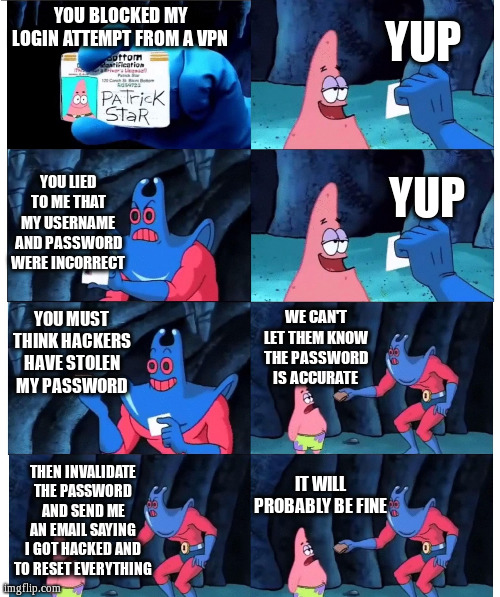

Physical players disconnected from the internet can still receive offline firmware updates included on the discs themselves. The moment you insert a new disc, it automatically executes BD+ code that in theory could patch the firmware to blacklist an arbitrary old disc that you own. This has never yet happened with a previously-legal disc, but then again for example Amazon has never deleted purchased copies of the 1984 book from customers’ kindles, until one day when it did.







By some argument, section 103 of the DMCA (which is what grandparent post is referring to) does make it illegal to even talk about DRM circumvention methods.
If youtube implements an “access control measure” by splicing the ads with the video and disabling the fast-forward button during the ad, and you go on a forum and say “Oh yeah, you can write a script that detects the parts that are ads because the button is disabled, and force-fast-forwards through those”, some lawyer would argue that you have offered to the public a method to circumvent an access control measure, and therefore your speech is illegal. If you actually write the greasemonkey script and post it online, that would definitely be illegal.
This is abhorrent to the types among us for whom “code IS free speech”, but this scenario is not just a hypothetical. DMCA has been controversial for a long time. Digg collapsed in part because of the user revolt over the admins deleting any post containing the leaked AACS decryption key, which is just a 32-digit number. Yet “speaking” the number alone, aloud, on an online platform (and nothing else!) was enough for MPAA to send cease and desist letters to Digg under DMCA, and Digg folded.